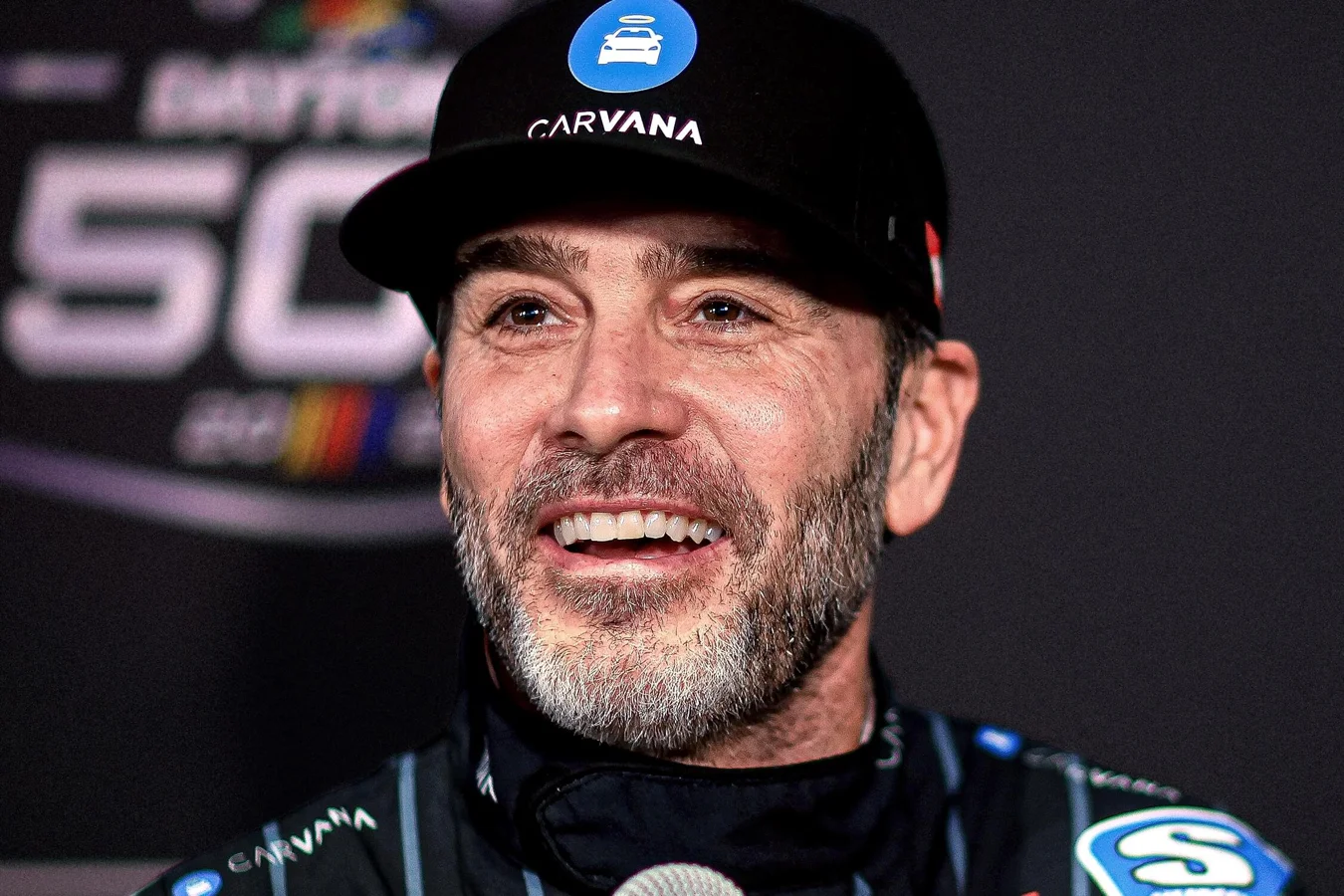Seven-time NASCAR Cup Series champion Jimmie Johnson recently expressed satisfaction with the resolution of a legal dispute involving Rick Ware Racing. The teams reached a confidential settlement following a final hearing, which has allowed them to focus on their future operations. The Jimmie Johnson lawsuit settlement marks a key development for his team, Legacy Motor Club (LMC), as it secures vital resources for the upcoming seasons.
Details of the Legal Dispute and Its Resolution
Johnson’s Legacy Motor Club faced challenges acquiring a third charter necessary for expanding their presence in the NASCAR Cup Series. Initially, Rick Ware Racing agreed to provide a charter for the next season to LMC, but later resisted selling a charter for the 2026 Cup Series season. This led LMC to file a lawsuit against Rick Ware Racing. After negotiations, both sides reached an agreement, with the terms remaining confidential.
During an interview with NBC Sports, Johnson expressed relief at the conclusion, stating:
“Reaching a positive outcome was important for everyone involved. I truly respect the effort put forth by Robby Benton and Rick Ware to reach a settlement so we may all focus on our business operations and future goals. I’m glad this is behind us and we can all move forward in unison.” – Jimmie Johnson, NASCAR Champion
At 50 years old, Johnson currently fields two full-time cars in the Cup Series under the Legacy Motor Club banner. John Hunter Nemechek drives the #42 Toyota Camry XSE, while Erik Jones pilots the #43 Camry. Obtaining the third charter was a crucial step in realizing Johnson’s plan to expand LMC’s roster. Despite this progress, the team has yet to announce any official third driver, while also considering the option to lease the charter for consistent revenue without managing an additional team directly.

Johnson’s Feedback on the NextGen Cars
In August 2025, Johnson spoke openly about the current state of NASCAR’s seventh-generation cars during a podcast with 2014 Cup Series champion Kevin Harvick. Johnson voiced his concerns about the Gen-7 vehicles, which debuted at the 2022 Daytona 500 and have sparked considerable debate within the racing community. These NextGen cars feature a 5.86-liter naturally aspirated V8 engine and a five-speed sequential transmission, resulting in a vehicle weight of approximately 3,400 lbs including driver and fuel.
Despite these modern specifications, Johnson criticized the cars for their handling characteristics, particularly their inability to generate sufficient side force. He elaborated during the podcast:
“I would like to see some changes. You know, I think a car that gains side force and yaw is a better car, one that drives better, more interesting, puts on a better show. This car does not do that. But to make those changes in the way you’ll have to, all three OEMs have to submit wind tunnel time, all the expenses that go with it. I know it’s a slow-moving machine.” – Jimmie Johnson, NASCAR Driver
Johnson has firsthand experience driving these cars as he completed 14 races this season as a part-time driver for Legacy Motor Club. His best result was a third-place finish at the Daytona 500.
Implications of the Settlement and Vehicle Feedback for NASCAR’s Future
The resolution of the Jimmie Johnson lawsuit settlement allows Legacy Motor Club to stabilize their operations and focus on growth, possibly entering a third full-time car for upcoming seasons. This development strengthens Johnson’s position within NASCAR’s competitive landscape. Additionally, his critiques of the Gen-7 cars highlight ongoing discussions about vehicle performance and fan engagement, potentially influencing future modifications by manufacturers.
As NASCAR continues evolving its racing formats and technical standards, Johnson’s perspectives emphasize the balance between innovation and tradition, both in team management and car design. His insights may serve as a catalyst for manufacturers to revisit engineering priorities, with the aim of enhancing race dynamics and driver experience in future seasons.
